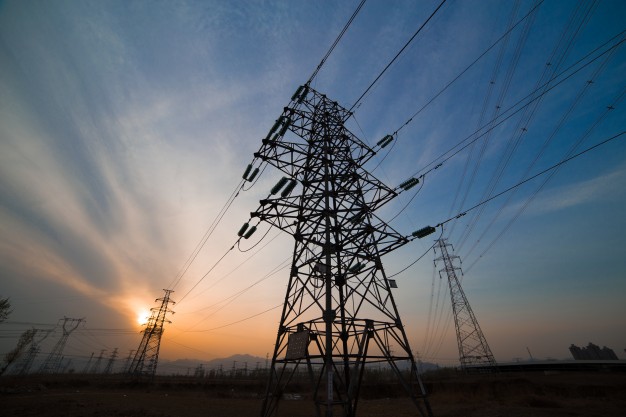Different Utility Options Are Often Available In Your Area
Many homeowners fail to realize they don’t have to go with one specific option for energy. It will certainly depend on your area, but in many regions, you have the option of exploring sometimes as many as a dozen different power options from different power companies.
What differentiates these options is several variables including price, infrastructure, method of production, and availability. Sometimes you end up paying a little more for a “greener” solution; but the extra money you’re paying is worthwhile because you know you can have a positive environmental impact, even if it’s only in your monthly utility bill.
In other situations, you can save yourself a few hundred dollars you desperately need a year, and help the environment through increased fiscal responsibility. Many don’t realize one of the best ways to be responsible environmentally is to minimize the overall social burden an individual has on society.
“Green” solutions are one way, not the only way. But whichever way you ultimately go on this, you would be wise to explore all options before you commit yourself to any of them. In this writing we’ll briefly cover five notable aspects of electrical power acquisition worth mulling over as you find the best provider for your situation.
- Be Aware Of Budgetary Needs And Energy Requirements
First things first: what amount of electricity do you need, and what level of budget are you working with? If you’re using electric heating, keeping your home warm in the cold months could cost a few hundred dollars. If you have gas heating, then you may be able to get more warmth for less investment.
Either scenario will affect your monthly utility bill. So as you go about choosing utility companies, be sure you understand what you can afford, and what you need. The ideal solution will end up being a feasible balance between these two variables. If you only need a little electricity, why overpay? If you need a lot, why deprive yourself?
- Understand Personal Values To Inform Your Choice
Personal political values are going to play a part in your choice of power company. Sometimes it will be worth it for certain homeowners to secure more expensive energy as a means of supporting the environment. If you can pay more and sleep better, by all means do so.
For others, the increased cost associated with such a move will have worse environmental fallout as secondary solutions are sought to bridge the gap. To get an idea of this concept in a perspective informed by the “bigger picture” consider the difference in carbon footprints of large cities and small communities.
A recycling plant in a place like Wyoming has a larger carbon footprint than older methods of refuse management owing to the sparse population. The plant itself continuously gives off more pollutants than older methods of waste disposal. Meanwhile, in a big city like Dallas, such plants are actually good for the environment.
So in reference to your personal situation, know your values, and where certain energy solutions come from. If going “green” will actually help, by all means do so. When you buy based on values in this way, you’ll likely find a more aligned and positively impactful solution overall.
- Explore Options Listed In Your Local Area
To find which localized options will represent what you’ve got available, it’s smart to find solutions online that can help you determine the sort of choices you’ve got available. Groups like Power To Choose collect local options together, allowing you to compare and contrast them.
- Ask Around To See What Neighbors Say
Sometimes you can’t really determine what’s going to be your best option by the resources available to you. There are definitely situations where your best bet is asking around in your neighborhood to see who has what, why, and how well it does or doesn’t work for them.
5. Research Varying Options Online
Beyond consolidated areas of information listing specific options in your area, searching around online can help you find solutions you didn’t know were available. For example, right now there’s a very popular move toward grid-independent energy. Getting the ball rolling in that regard is more expensive than utilities in the short run. It saves in the long run.
Here’s the thing: if you’re truly going to be grid independent and secure despite varying weather conditions, you’ll need a three or four-fold energy solution. Water energy, wind energy, and solar energy are necessary in addition to an on-site generator. The cheapest you’ll get such a system put together for is around $20k—if you install it yourself.
Heres a list of five off-grid energy options to choose from. They’re not cheap, but they can facilitate independence. So that’s really not feasible for most homeowners. Still, some prefer to supplement energy through traditional avenues with off-grid solutions, and that can save money. Which options in this area best serve your particular situation will depend on you.
Getting The Right Electric Power For Your Investment
Research varying options online, ask what neighbors say, explore options in your local area, understand your personal values, and know what needs define personal energy requirements, as well as associated budgets. Between these considerations, you should be able to find the most appropriate and cost-effective deal for your home.



 Tech is changing the game as technology is powering the boom in online sports betting
Tech is changing the game as technology is powering the boom in online sports betting




